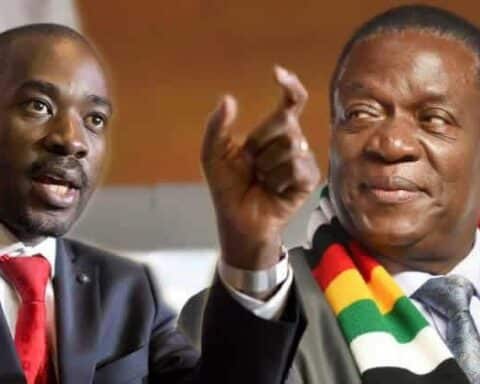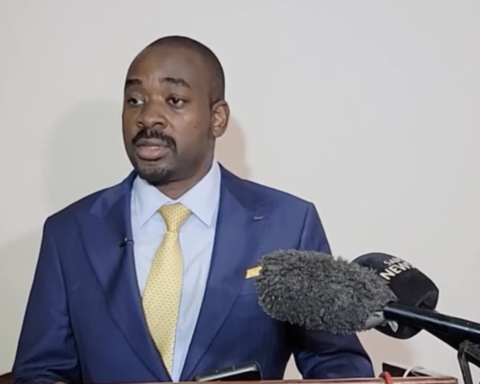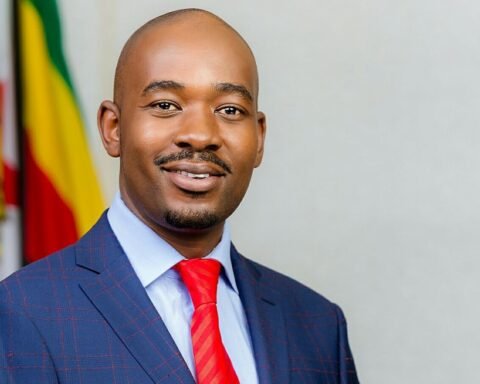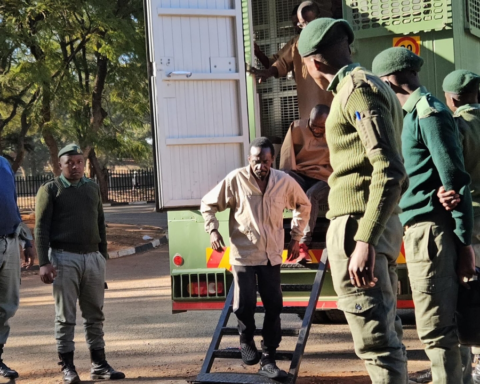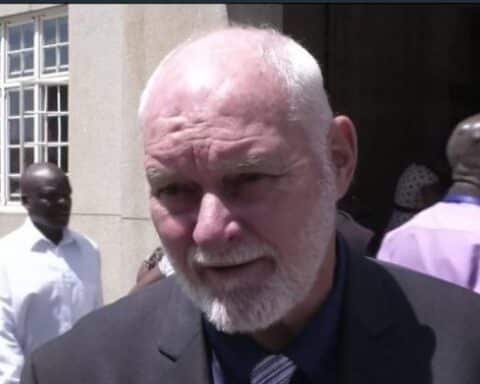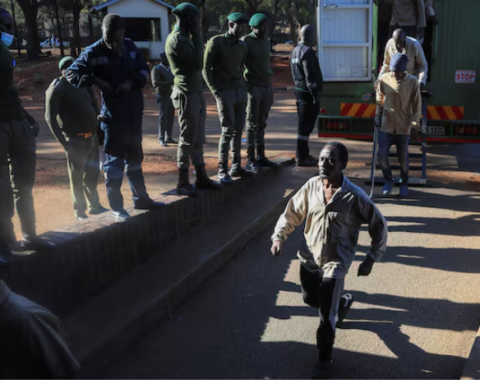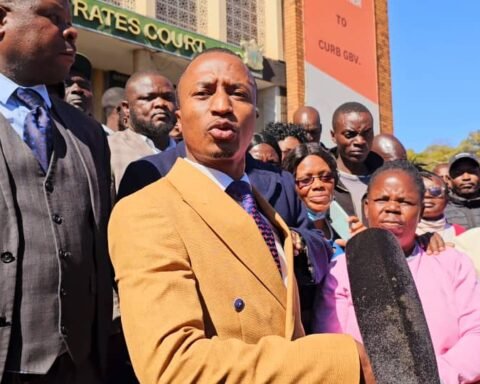In a shocking turn of events, Nelson Chamisa, the leader of the Citizens Coalition for Change (CCC), has announced his resignation from the party he founded just a year ago. The CCC emerged from the remnants of the once powerful Movement for Democratic Change (MDC), a party that had significant influence in Zimbabwean politics.
Chamisa’s decision comes in the wake of an intense and sustained assault on the party by Sengezo Tshabangu, the self-styled Secretary General of CCC. Tshabangu’s actions included the arbitrary withdrawal of elected members from Parliament and Councils, eroding Chamisa’s control over the party.
Addressing the nation, Chamisa declared, “Fellow citizens, this is to officially, and under my hand, inform you that, with immediate effect, I no longer have anything to do with CCC. My focus remains fully on Zimbabwe, asserting your victory, honouring the citizens’ mandate, and God’s calling to provide leadership.”
He emphasized the need for unity, stating, “There are fresh things we need to do. Let’s all work together for total freedom, true change, and holistic transformation for our beloved country. Giving up or giving in is not an option. Nothing comes without tenacity and resilience. Fellow citizens, you will be kept posted on the next steps.”
Chamisa’s loss of control over CCC was exacerbated by interventions from various institutions, including Parliament, the Zimbabwe Electoral Commission (ZEC), the Local Government Ministry, and the courts. These entities favored communication from Tshabangu over Chamisa, leading to a power shift within the party.
This situation echoes Chamisa’s previous experience with the MDC, where he lost control following a palace coup initiated by former party members, including Secretary General Douglas Mwonzora, Vice President Elias Mudzuri, and Chairperson Morgen Komichi.
The fallout between these leaders and discarded leader Thokozani Khupe resulted in the decline of the MDC’s influence. Now, with Chamisa’s resignation from CCC, a new political entity is anticipated to emerge in the coming weeks.
Ostallos Siziba, Chamisa’s Deputy Spokesperson, hinted at this development last week when he referred to Chamisa as the leader of a ‘Democratic Alternative in Zimbabwe.’ Research indicates that Siziba has been using this term since the MDC days, suggesting a continuity of Chamisa’s political agenda.
As Zimbabwe awaits the announcement of Chamisa’s next political move, the political landscape is set for a renewed dynamic that could reshape the country’s opposition forces.

